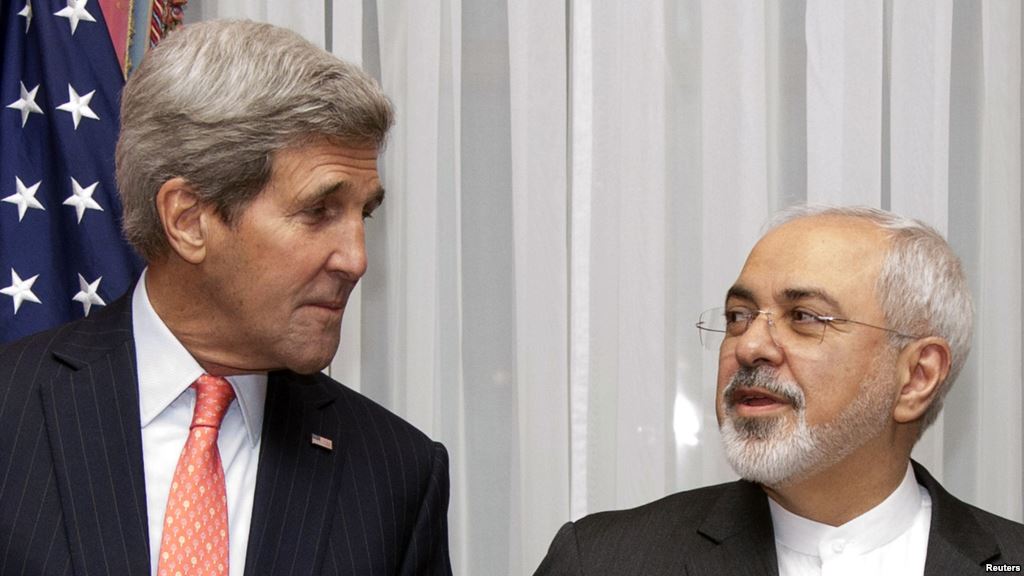Oil prices fell in Asia on Monday as Iran and major western powers said they were closer than ever to a landmark nuclear deal that would lift sanctions and see Tehran’s crude exports return to global markets.
 Oil prices fell in Asia on Monday as Iran and major western powers said they were closer than ever to a landmark nuclear deal that would lift sanctions and see Tehran's crude exports return to global markets.
Oil prices fell in Asia on Monday as Iran and major western powers said they were closer than ever to a landmark nuclear deal that would lift sanctions and see Tehran's crude exports return to global markets.
A forecast by the International Energy Agency (IEA) for slower world oil demand next year was also weighing on the market, analysts said.
US benchmark West Texas Intermediate for August delivery was down 86 cents to $51.88 and Brent crude tumbled 96 cents to $57.77 a barrel in late-morning trade.
"We have come a long way. We need to reach a peak and we're very close," Iranian President Sheikh Hassan Rouhani said in Tehran on Sunday.
"I hope we are finally entering the final phase of these marathon negotiations. I believe it," said French Foreign Minister Laurent Fabius, who cancelled a trip to Africa to stay at the talks in Vienna.
Any deal to stop what the West suspects as Iranian efforts to build an atomic bomb will result in the lifting of punishing economic sanctions, allowing the country to resume oil exports.
More Iranian oil however will add to a supply glut, which has depressed prices.
The IEA has forecast that global oil demand would grow by 1.2 million barrels per day next year, slower than the 1.4 million projected this year.
However, global output grew by 550,000 barrels a day in June alone to 96.6 million barrels, IEA added.
This is up on average by 3.1 million barrels from a year ago, boosted by increased production from the Organization of the Petroleum Exporting Countries.
OPEC's output climbed in June to a three-year high of 31.7 million barrels, the IEA said.